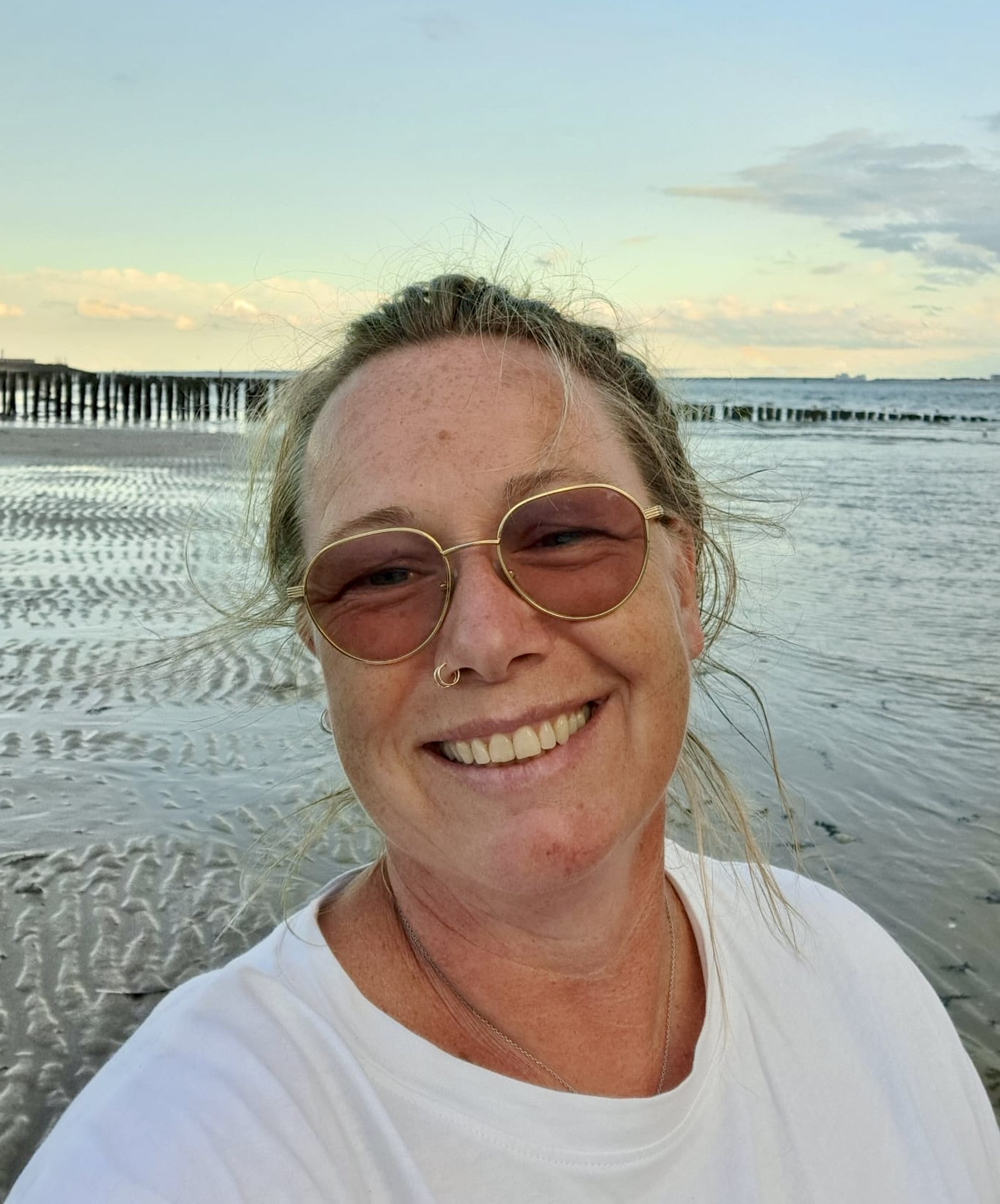From what age can you come to me?
In my way of working, I need to be able to communicate with the (young) child using language. So from around the age of 6, individual guidance is certainly possible. At a younger age, I can also be of great help to the system by working with the older children and the parent(s).

A family is always a "system" with many conscious and, above all, unconscious influences on each other.
An important part of our work is to reveal what is going on unconsciously, and we use various (creative) techniques to do this. It is important to break down the complex patterns and create awareness among all those involved. This could be problems within the family, but also the child or young person in the “school system” or any other system of which he or she is a part. We then look at the circle of influence, where you/you do have influence.
The basic principle here is that everyone in the system has a positive intention has . That may sound strange in some cases, but we believe it nonetheless.
It may be “merely” a positive intention, for example, not to feel the pain. In a more abstract sense, it may be that “the school” is constrained by legal regulations.
Another important NLP (Neuro Linguistic Programming) principle that we apply is:; You are not your behaviour!
So you “do” behaviour, but you (and therefore also the child) are much more than just that behaviour. Here too, we look at the cause and the possibilities for changing it.
Brief definition/explanation of systemic work
Systemic work has its origins in family therapy and was developed primarily by the German psychotherapist Bert Hellinger in the 1980s and 1990s. Hellinger combined insights from psychoanalysis, family therapy, phenomenology and his own experiences as a missionary in South Africa, where he came into contact with the Zulu culture and their view of family and connectedness.
The basic idea is that people are part of larger systems — such as their family of origin, an organisation or culture — and that disruptions or traumas in those systems are often unconsciously passed on for generations. Systemic work makes these invisible influences visible, often through a constellation, in which people or objects represent elements of the system (such as family members, roles or feelings).
Important principles in systemic work are:
-
BindingEveryone in the system is entitled to a place.
-
OrganisationThere is a natural hierarchy or order (for example: parents come before children).
-
Balance of giving and taking: sustainable relationships are balanced.
By working with these principles, systemic work helps people gain insight into blockages or recurring problems that arise not only from within themselves, but from the larger whole of which they are a part.
The intake
In all cases, I start with an intake interview with the parent(s)/caregivers to assess the problem from their perspective. If it concerns a child or young person, this can also be a direct conversation with them. Depending on the situation, we then draw up a plan of action together. Sometimes the family dynamics are very complex, so we take the time to carefully examine what is possible!
The sequel
We will then get to work on our joint action plan, but not before everyone has committed to it. Even though we may initially work with only one member of the family, it always has a direct or indirect effect on the other family members because, as mentioned, it is one system.
We utilise various techniques for this purpose:
- Chairs for different people or roles
- Wooden dolls or other props
- Painting and drawing supplies
- Craft supplies of all kinds
- Walk in nature with “what will I encounter”
- Etcetera
We use whatever is necessary to create the desired movement within the individual's and family's system.
Who is your conversation partner?

Judith de Groot
Our rates
Intake (no cure no pay)
- Session of approximately one hour
- By Judith de Groot
- In our case, no cure no pay means that if you decide to proceed, you pay for the appointment; if not, there are no costs for you.
Individual session
- A session of up to 1 hour
- The treatment is provided by Judith de Groot.
Group session
- A group session lasting a maximum of 1.5 hours
- The treatment is provided by Judith de Groot.
Treatment programme in consultation
- Multiple sessions varying in length….
- The treatment is provided by Judith de Groot.
